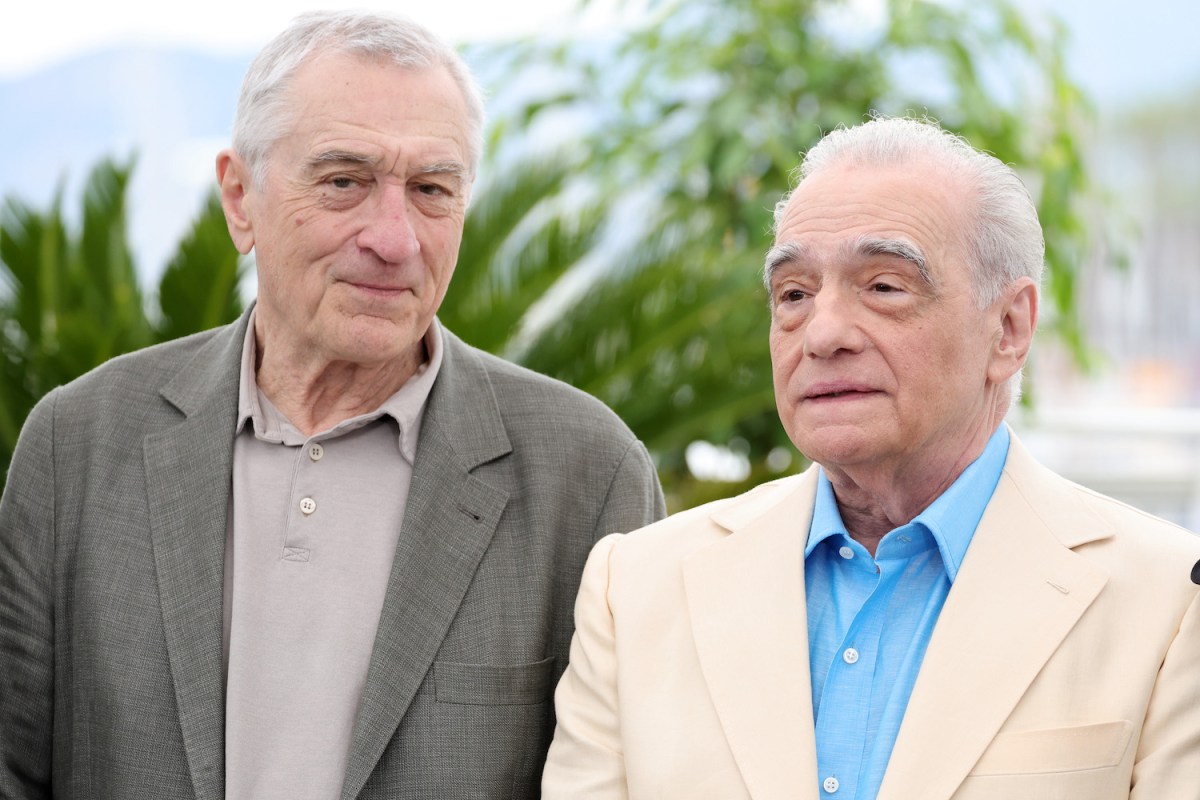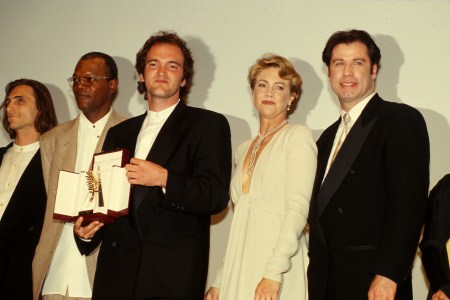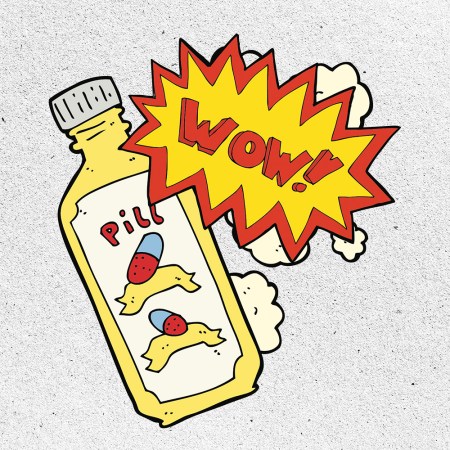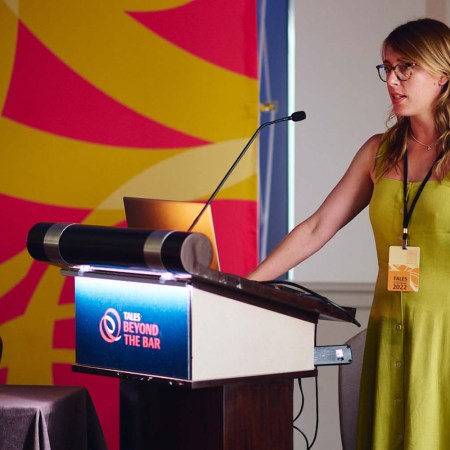Taxi Driver is one of the greatest American-made films in history — full stop — and a case can be made that its director, Martin Scorsese, is the finest auteur this country’s ever produced. But that doesn’t necessarily make him the best advocate for improved mental health in U.S. citizens. In fact, he just made some remarks that (probably unintentionally) are harmful to that cause.
In the opening moments of a recent video for GQ where he discusses a few of his best-known movies, Scorsese analyzed his Taxi Driver protagonist, Travis Bickle, who in the film descends so deeply into madness that he becomes homicidal. Scorsese said he wanted to pull off something “tricky” by showing empathy toward Bickle even while the character commits violent acts that should not be condoned. Scorsese then added: “Ultimately, what stayed with us was the psychological and emotional state of that character. As we know now, tragically, it’s a norm…every other person is like Travis Bickle now.”
In giving Scorsese the benefit of the doubt, he likely meant that most people today struggle with the same mental health issues, such as loneliness, anxiety and depression, that plagued Bickle in the film, and did not intend to suggest that the country now half-consists of killers. Additionally, Scorsese pretty clearly shows compassion toward folks struggling with mental illness. However, his description of the severity of this problem and his direct comparison of individuals who are lonely, anxious and depressed to a fictional character that goes on a shooting spree is ill-advised and arguably dangerous on a few distinct levels.
Can Quentin Tarantino Revive John Travolta’s Career Once Again?
It seems we’ll soon find outFirst, while mental illness is a vast problem in the U.S. and needs to be better addressed, Scorsese’s data is a ways off. One in five American adults experience some form of mental illness, not half. Catastrophizing the issue in this way is not helpful. If anything, it makes the problem sound more daunting, or even hopeless, which can potentially demotivate people in positions of power from finding solutions.
While, again, it’s doubtful Scorsese intended to suggest that people struggling with mental illness eventually go on murderous rampages, that’s exactly what his one-to-one comparison between them and Bickle does. Remarks like these continue the cultural narrative that people experiencing mental illness are violent and should perhaps be barred from society. While there is a link between mental health and violence in many cases, the truth is that most individuals dealing with mental health problems are not violent.
Further, Scorsese’s words paint a very dour picture of the state of this country. It’s the same type of rhetoric a certain former president used in his inaugural speech to sow social discord, and it’s categorically inaccurate. Of course, violence is another massive problem in the U.S. that also needs to be better addressed, but yearly violent crime rates continue to hover around historic lows. The crime rate peaked in the early 1990s when mental illness was not as widely treated as it is today — though, again, there’s much work to be done there — so there clearly is no direct connection between the two. And yet people believe today that crime is much worse than it is, which is simply not good for democracy.
With all that said, Scorsese doesn’t deserve to be canceled over this statement or anything. His heart appears to be in the right place. Hopefully, though, Scorsese and influential people like him will be a little more careful with how they characterize people living with mental illness in the future so as not to keep unsavory narratives about them running.
Whether you’re looking to get into shape, or just get out of a funk, The Charge has got you covered. Sign up for our new wellness newsletter today.



















